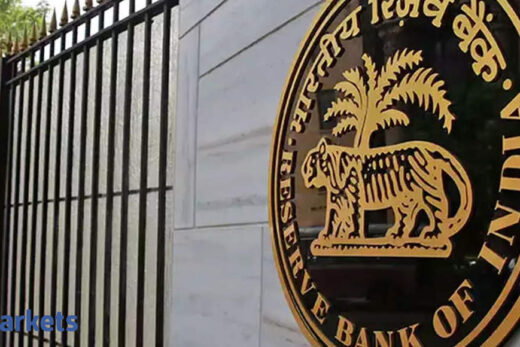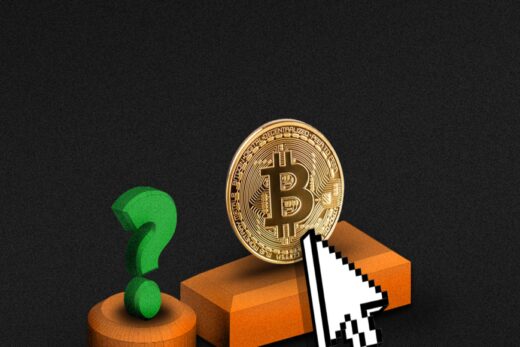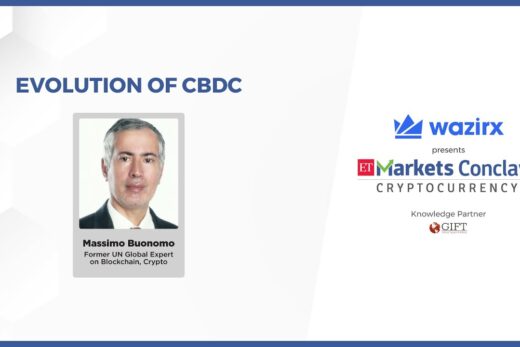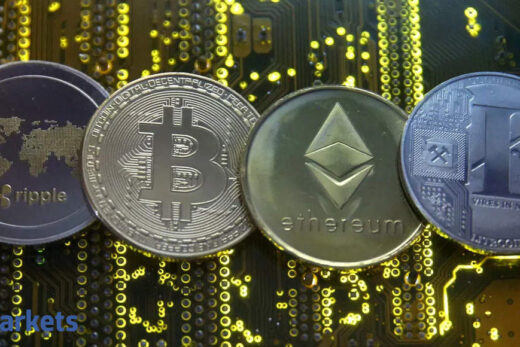Here is what we know about the proposed bond and some of the details that still need to be filled in.
WHAT WE KNOW
Bukele said El Salvador planned to issue the bond in 2022, suggesting it could be as soon as in 60 days time.
Half of the $1 billion sum would be converted to bitcoin and the other half used for infrastructure and bitcoin mining.
Samson Mow, chief strategy officer of blockchain technology company Blockstream who was on stage with Bukele said that the ‘volcano bonds’ – the new city will be powered with geothermal energy from a nearby volcano – will be U.S. dollar-denominated 10-year bonds and carry a coupon of 6.5%.
That is well below the 13.5% interest rate yield El Salvador’s 10-year bonds are currently trading at. The premium investors demand to hold El Salvador bonds rather than ultra-safe U.S. government bonds has also more than doubled since June when Bukele’s push to make bitcoin legal tender started.
More bitcoin-back bonds are also planned and Mow said he expected other countries to do the same. He also speculated that the moves would absorb enough bitcoin to push up the value of cryptocurrency. That would allow El Salvador to then pay off the bond with profits made from selling the bitcoin again.
After a five year ‘lock-up’, El Salvador could also start selling some of the bitcoin to give investors an “additional coupon” every year, Mow said.
Crypto exchange Bitfinex was listed as the book runner for the bond on a presentation shown on a large screen on the stage. The bonds will be sold in $100 tranches to “democratize access” to them.
The bonds will be able to be traded 24/7 with other assets like stablecoins, according to a blogpost from Blockstream, Mow’s company which plans to issue the bonds.
WHAT WE DON’T KNOW
It is not known when exactly next year the bond would be launched or when El Salvador would buy the $500 million worth of bitcoin it sees as crucial to the plan.
The legal rights of would-be buyers have also not yet been detailed. Most government bonds are strict legal contracts that mean the government is accountable if the debt is not repaid in full and on time. Those that are sold on international bond markets in dollars are often issued under widely-trusted U.S. or British laws.
It is also not known what would happen to the new bonds if the country defaulted on its existing traditional bonds. The government’s next bond deadline is an $800 million repayment due in January 2023. That bond is currently trading at a near 20% discount from its face value due to El Salvador’s debt problems.
The International Monetary Fund, whose help El Salvador is expected to need to ease its problems, has not yet commented on the volcano bond plan. Earlier in the year it said it had both economic and legal concerns about El Salvador making bitcoin legal tender.



